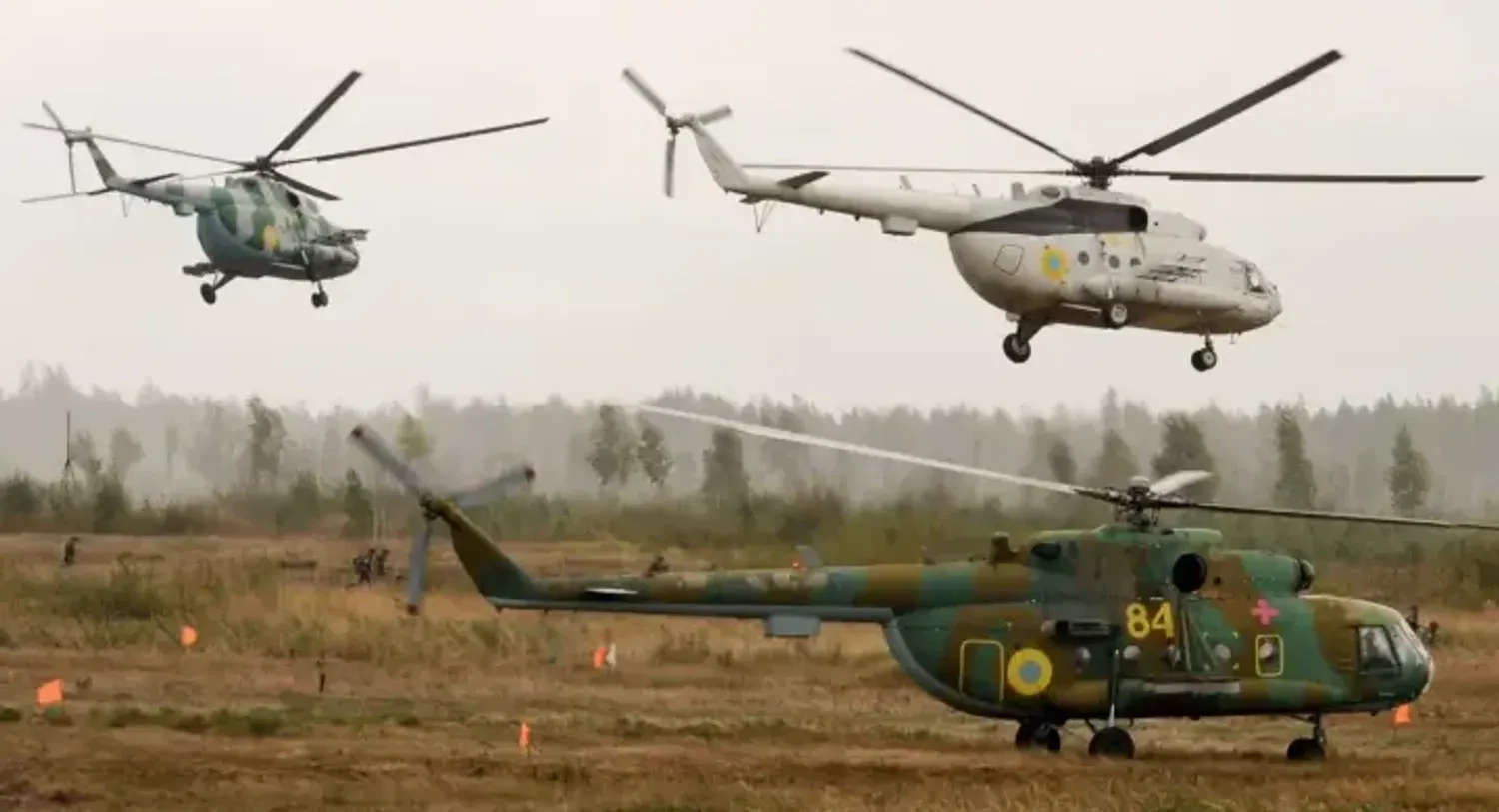“The Tax Committee supported key draft laws for the launch of Defence City, including aviationThis is an important step to strengthen defense capabilities and preserve strategic industries, particularly aircraft manufacturing.
”, — write: unn.ua
DetailsPeople’s Deputy Danylo Hetmantsev reported that the Committee on Finance, Tax and Customs Policy supported and recommended that the Verkhovna Rada adopt in the second reading and in general two key bills that lay the foundation for the implementation of the Defence City initiative:
- №13420 — on amendments to the Tax Code of Ukraine and other laws regarding the support of enterprises of the defense-industrial complex.
- №13421 — on amendments to Section XXI “Final and Transitional Provisions” of the Customs Code of Ukraine regarding the support of enterprises of the defense-industrial complex.
According to Hetmantsev, the bills have been significantly revised: instead of a list of defense-industrial complex enterprises, a Defence City Register is envisaged, which will be maintained by the Ministry of Defense of Ukraine, and the requirements for residents, procedures and grounds for granting, terminating or losing this status, as well as the control procedure, will be determined by the Law of Ukraine “On National Security of Ukraine”.
Among the key issues that caused sharp public discussions is the reduction of the minimum share of qualified income of a Defence City resident: the general threshold has been reduced from 90% to 75%, and for aircraft manufacturing entities, a separate one has been set — not less than 50%. This is fundamentally important, because, as representatives of the aviation industry previously emphasized, the previous criterion of 90% was practically unattainable even for flagships of Ukrainian aircraft manufacturing, such as SE “Antonov” and JSC “Motor Sich”.
Regarding support tools for Defence City residents, Hetmantsev indicated that these remain tax benefits (exemption from income tax provided that it is reinvested, as well as exemption from land tax, real estate tax, environmental tax), simplified customs procedures, simplified export control for military goods (without obtaining powers), the possibility for the NBU to establish features of currency supervision and currency operations, as well as support in the process of relocation and increasing the security of defense-industrial complex production facilities.
Summing up, Danylo Hetmantsev called on his fellow MPs to support the Defence City bills in the second reading, as an important decision to strengthen Ukraine’s defense potential.
RecallExperts generally positively assessed the initial steps in creating Defence City, noting that such decisions should have been made at the beginning of the full-scale war. At the same time, experts emphasized that the first vote is only the beginning, and for the initiative to really work, further refinement of the bills is necessary.
In addition, people’s deputies submitted a number of amendments to the second reading of Defence City, which are now critically important to take into account for the preservation and development of aviation.
It is proposed to expand the list of residents to include aircraft manufacturing entities that fall under the Law “On the Development of the Aircraft Manufacturing Industry”. This will allow officially including aviation enterprises in Defence City that were previously identified by the Cabinet of Ministers as critically important for the economy and defense capability of the state. Otherwise, Defence City will actually ignore previous state decisions in the field of security and defense.
The submitted amendments also propose to take into account not only quarterly but also annual qualified income, to classify activities in aircraft manufacturing, maintenance of aircraft, engines and components as defense-related, and to include enterprises that perform international contracts for the export of military and dual-use technologies.
Among other things, the current version of Defence City prohibits including enterprises with tax debt, overdue contracts, or dividend payments as residents. The amendments propose to cancel these requirements and allow joining provided that the debt is repaid within three years, because during the war, delays are often caused by shelling, relocation, or interruptions in the supply of components, and not by the unreliability of the manufacturer.
A separate block of amendments proposes to extend tax benefits to aircraft manufacturing provided that funds are reinvested, to introduce customs preferences for critical imports, and state guarantees and insurance for export contracts. The rules for returning benefits when criteria are no longer met are clarified, including a ban on retrospective sanctions, and the released funds should be directed to production development, modernization, research, new technologies, and personnel training.
